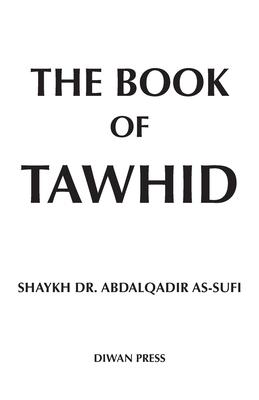"Due to the interregnum, soon, In sha Allah, to be brought to an end, which marks the period from which Islamic governance was interrupted, that is to say in the Mughal and Osmanli Dawlets, we, the Muslim World Community, experience Islam without its utterly necessary dimension of political command. One oddly regrettable result of this has been that we have started to take our Imams as leaders, making them into a priesthood, and allowing them to rule us like a slave population, which having no power over either war or wealth, allow themselves to be commanded in the private matters of births, marriages and deaths.
A result of this is, that in treating the Imam as an Authority, rather than that utterly replaceable figure whose noble task is to lead the salat, the members of the Jama'at have lost that dynamic relationship with the text of the Qur'an on which a vibrant Islamic community has to be founded. In our books of seerat and hadith we find that the Sahaba used to gather after Fajr, and those among them who knew some Qur'an would recite it, after which they would reflect in order to see how they could apply its guidance to the day's affairs.
It was in that spirit that we decided to hold a series of gatherings in order to give a start to this dynamic relationship between the Jama'at and the Book of Allah. In reviving this Madinan 'Amal, it was only fitting that we should begin the matter by extracting from the Qur'an itself the clear explications of Allah, glory be to Him, about Himself, that is, the knowledge of Tawhid."
